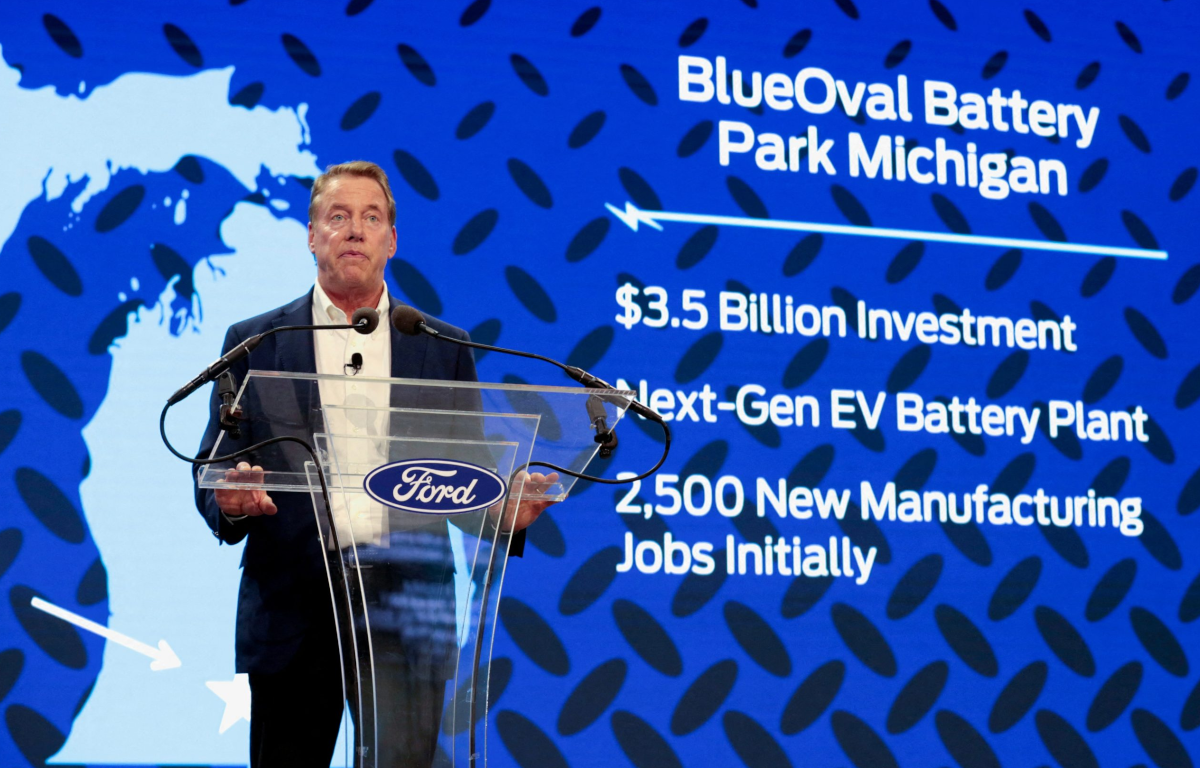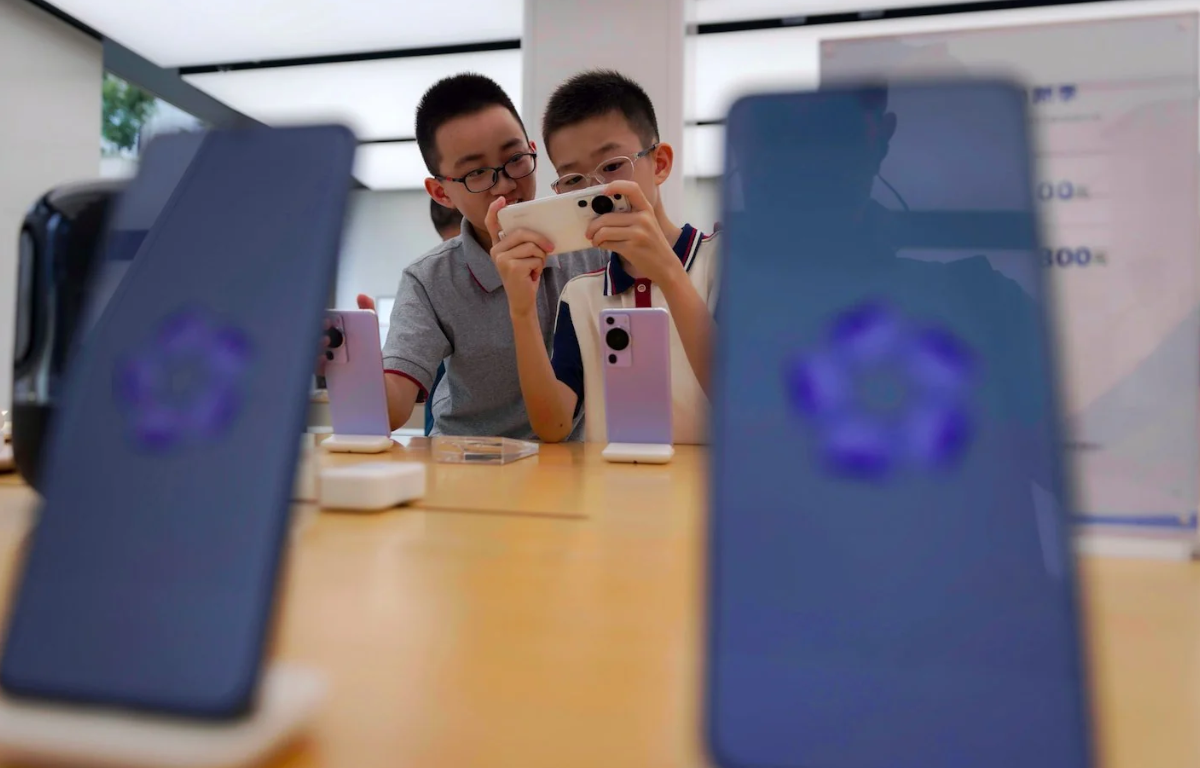
This potential venture marks a significant expansion of Apple’s product portfolio beyond its renowned devices like iPhones, iPads, and MacBooks. Let’s delve into this intriguing development and its implications for the future of robotics and consumer technology.
The concept of personal robots, while not entirely new, has gained traction in recent years as advancements in artificial intelligence (AI) and robotics have accelerated. These robots are envisioned to be companions or assistants that can perform various tasks to simplify and enhance the lives of their users. From household chores to providing entertainment and even offering emotional support, the potential applications of personal robots are vast.
Apple’s interest in this domain aligns with its longstanding focus on creating innovative products that seamlessly integrate into users’ lives. The company’s expertise in AI, machine learning, and user experience design could position it well to create compelling and user-friendly personal robots. Imagine a robot companion that not only helps with household tasks but also integrates with Apple’s ecosystem to provide personalized recommendations and assistance based on the user’s preferences and habits.
While details about Apple’s specific plans for personal robots remain speculative, reports suggest that the company is exploring various concepts and technologies. This includes AI-driven capabilities for natural language processing, computer vision for navigation and object recognition, and advanced sensors for interaction and environmental awareness.
One area where Apple’s foray into personal robots could have a significant impact is in the realm of accessibility. By leveraging AI and robotics, Apple could develop robots that assist individuals with disabilities in performing daily activities, enhancing their independence and quality of life.
However, the development of personal robots also raises important questions and considerations. Privacy and data security are paramount concerns, especially when dealing with AI-powered devices that interact closely with users in their homes. Apple’s strong emphasis on privacy and security in its existing products would likely extend to any potential personal robots, with robust measures in place to protect user data and ensure confidentiality.
Moreover, the affordability and scalability of personal robots will be crucial factors in their adoption and success in the market. Apple’s track record of premium pricing for its products could pose challenges in making personal robots accessible to a broader range of consumers, although technological advancements and economies of scale could mitigate these barriers over time.
Apple’s exploration of personal robots represents a fascinating convergence of cutting-edge technology and consumer-oriented innovation. While the development of such robots is still in the exploratory stages, the potential for creating intelligent, helpful, and user-centric robotic companions is captivating. As Apple continues to push the boundaries of what technology can achieve, the prospect of personal robots entering mainstream adoption raises intriguing possibilities for the future of human-machine interaction.










Share this: